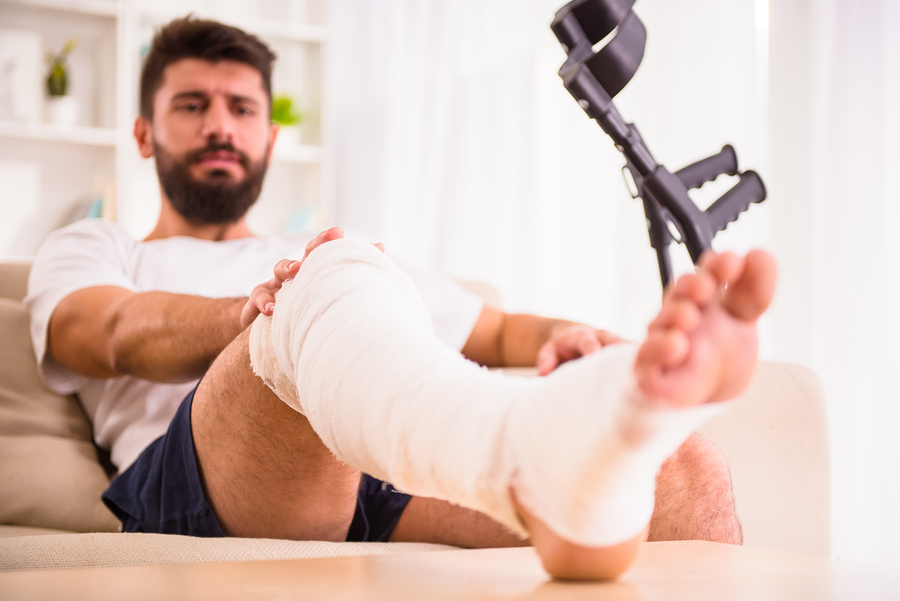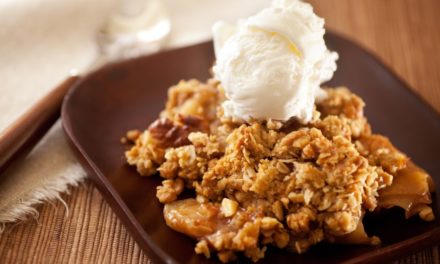A study appearing in the Journal of Dental Disease (1964;19(2):73-77) evaluated the plant enzyme bromelain and its effect on pain and healing after dental surgery. One group of 22 patients took two 20 mg of a bromelain concentrate four times each day for 2-3 days prior to surgery and continued for 3 days after surgery. In the second phase 33 subjects took 2 tablets 4 times a day on the day of surgery with the first dose being administered prior to surgery. The use of the enzymes produced a marked reduction in inflammation and the amount of time the inflammation persisted post operatively. There was also a reduction in pain. Another study, appearing in the Journal of the American Dental Association (June 1966;72:1420-1425), subjects who underwent dental surgery received a proteolytic enzyme from Carica papaya (1 tablet per hour), or a placebo from the time of surgery until the following morning; for the next four days, they were given 1 tablet four times each day. The subjects taking the enzyme experienced less inflammation and pain, and had enhanced wound healing.
Bromelain, or a placebo was given to 160 women following episiotomy in research appearing in the journal Obstetrics and Gynecology (February 1967;29(2):275-278). The women were given two tablets, 4x/day for three days beginning within four hours after delivery. One person in the treatment group and four in the placebo group had an episiotomy infection. The amount of medication, especially narcotics, was reduced in patients taking the bromelain therapy. The incidence of episiotomy infections was also lower in the group treated with the enzymes. Another study on episiotomy patients appearing in Current Therapeutic Research (May 1962;4(5):229-237), showed another vegetable enzyme (from papaya) to reduce inflammation and swelling after the surgery. In general, treatment with enzymes has little or no side-effects.






